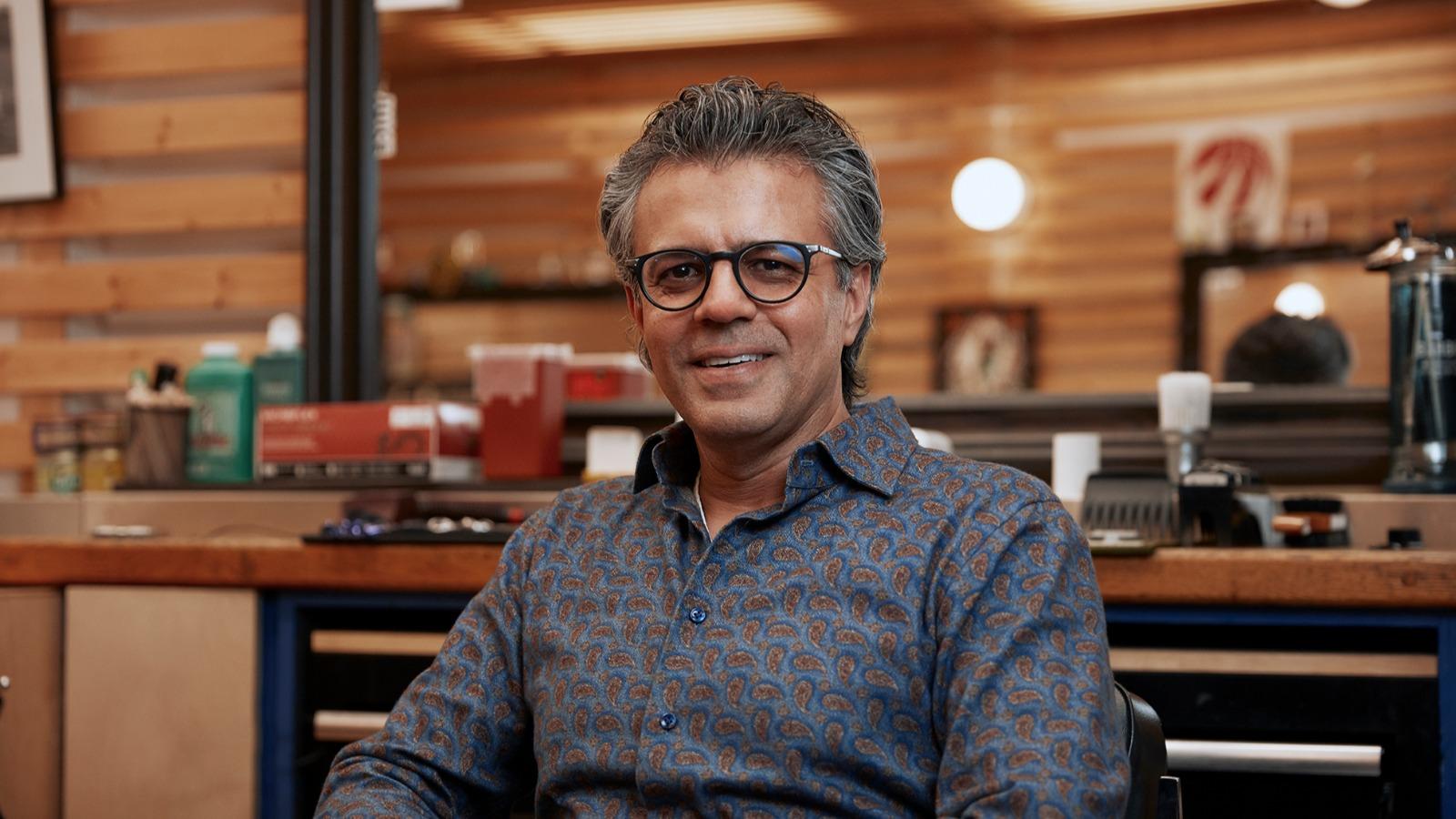

Mo Bro Anoop Dogra on living through Prostate Cancer at 42 years old
When I turned 40, my doctor included the PSA test as part of my regular check-up. I had no family history of prostate cancer, no risk factors, and as far as I knew, 40-year old men weren’t diagnosed with the disease. That’s why, when I got my test results back and the PSA was slightly elevated, it came as a surprise.
Over the course of the next year or so, my doctor monitored my PSA levels. They were rising gradually and eventually, after 3 or 4 PSA tests, we decided it was time for a biopsy. The results of the biopsy confirmed what my doctor suspected. At 42, I was diagnosed with prostate cancer.
I had been watching the PSA numbers rise. I knew these consistent results couldn’t be written off as a false positive. Despite my attempts at mental preparation, the news was still a shock. There was a sense of disbelief. When you hear about men being diagnosed with prostate cancer, they’re never 40. I was supposed to be too young to have prostate cancer.
" When you start talking about it, you find out that a lot of people have it; you don’t have to go through this in isolation. "
After I had a few weeks to process this news, I decided to tell my 4 children. I delayed telling the rest of my family because I didn’t want them to worry. It was a very gradual process for me. I eventually told some of my co-workers a few weeks before the surgery.
Everyone I told was shocked. Similar to my own reaction, they couldn’t believe that I, at 42, had prostate cancer. What was surprising was that everyone seemed to know someone who had been affected by the disease; everyone had a dad, or uncle, or friend who had been diagnosed. It quickly became apparent to me that this wasn’t an uncommon disease – I was one of many men, despite not fitting the age profile.
I read a lot about my treatment options. Doing nothing wasn’t an option – I was too young. Ultimately I decided on having a radical prostatectomy. In hindsight, I don’t think I fully comprehended all of the long-term implications of surgery. I wish I had found more men, who had been through it, to talk to about the decision. I found a lot of resources, but there’s a big difference between reading and talking things out with someone who has been through it. That’s partially why I want to tell my story, to let men know they are not alone, and to encourage them to start talking about prostate cancer.
My surgery was 10 years ago. Over this time, I have gradually become comfortable with the idea that everything is fine – that the cancer is gone. Initially, the PSA monitoring tests were every 6 months, which changed to annual after 3 years, and now it is every 2 years. Even though all this time has passed, I still feel a bit of anxiety when it is time to get the result. Perhaps that never goes away.
I have participated in Movember since the year of my surgery, and have grown a Mo for eight Movembers since then. It has become a family event now – my daughter raised funds at her high school, applying henna and selling bracelets that she made, and my sons raise funds by growing, or attempting to grow, a Mo.
My goals for participating in Movember are two-fold – to raise money, and to raise awareness. People have generously donated to my fundraising each time, and I am very grateful for that. In some respects, though, I see raising awareness as my bigger goal. I am very open about my experience and want people to feel comfortable in reaching out to me to discuss this topic – in every campaign, I end up having a few conversations with people who are either going through this themselves or have a loved one who they are concerned about.
I’m a huge advocate for men having a PSA test done at 40. If it hadn’t been for that simple blood test, I would have had no way of knowing I had cancer. I had no symptoms or risk factors. What I learnt was that getting elevated PSA results doesn’t necessarily mean the next step is a biopsy or surgery. You watch that number with your doctor. You eliminate the probability of a false positive. That way, you can make informed decisions about your health.
Prostate cancer will change your life. Men need to go into treatment knowing that things will be different. But it is important to stay positive, this disease is a lot more common then people think it is. When you start talking about it, you find out that a lot of people have it; you don’t have to go through this in isolation. Life goes on and you will adapt.